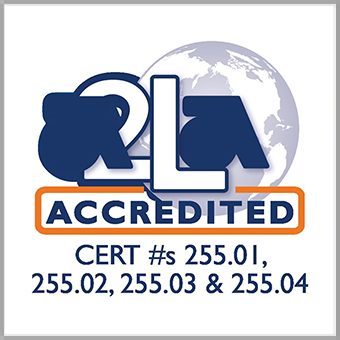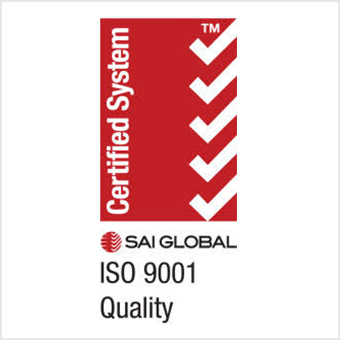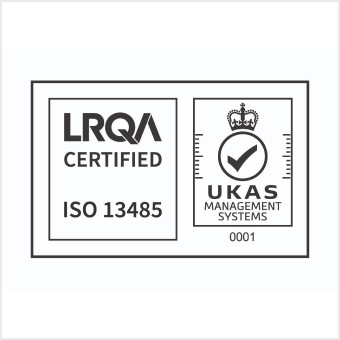Accelerated Aging tests are performed on polymeric materials to understand their service or shelf life in multiple applications. Accelerated aging helps material designers, engineers and quality control personnel choose materials that will maintain their properties after exposure to heat, pressure or chemical attack over time. A loss of physical properties or chemical changes caused by oxidative and thermal aging can be accelerated by elevating test temperatures. ARDL has multiple ovens and aging apparatus to perform air aging, fluid aging and environmental exposure aging. ARDL can utilize accelerated aging data to conduct both service life and shelf life prediction studies.
ASTM D 454
ISO 188
GM 214M (Sec. 3.1.3) (Withdrawn)
ASTM D 865
ASTM D 572
ASTM D 454
ASTM G 147
ASTM D 3045
SAE J2236




